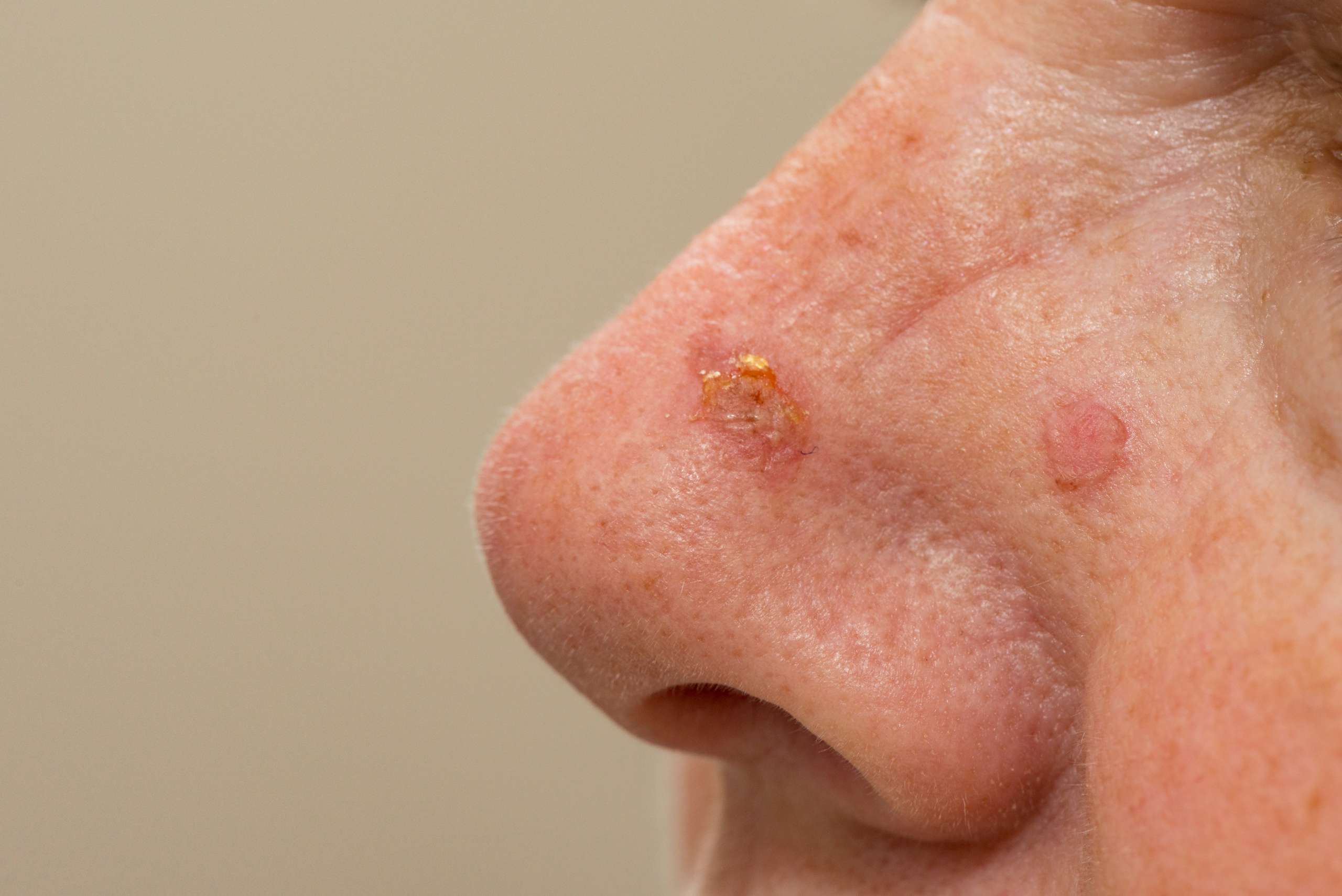
DermDox, a leading dermatology clinic, specializes in providing comprehensive actinic keratosis (AK) services to patients. Our expert dermatologists are dedicated to diagnosing, treating, and preventing skin conditions arising from prolonged UV exposure, particularly actinic keratosis, a common precancerous lesion. Utilizing state-of-the-art technologies such as dermoscopy, our skilled professionals conduct meticulous skin examinations to accurately identify these lesions. Once diagnosed, personalized treatment plans are tailored to each patient’s needs, employing methods such as cryotherapy or topical medications.
At DermDox, we prioritize patient education, emphasizing the importance of sun protection, regular skin self-examinations, and scheduling routine skin checks. Our goal is not only to address existing skin concerns but also to prevent the progression of actinic keratosis to skin cancer, ensuring the overall skin health and well-being of our patients. With our comprehensive AK services, we strive to create a safer environment and promote a proactive approach to skincare among individuals, contributing significantly to their long-term health and happiness.
Frequently Asked Questions
Actinic keratosis is a precancerous skin lesion that has the potential to develop into skin cancer if left untreated.
Not all actinic keratosis lesions develop into skin cancer, but it is estimated that about 1-10% of them may progress to squamous cell carcinoma if left untreated. The risk varies depending on factors such as the individual’s immune system, sun exposure history, and overall health. It’s essential to have regular check-ups and promptly treat any diagnosed actinic keratosis to prevent potential progression to cancer.
If actinic keratosis is left untreated, it can potentially progress to a type of skin cancer called squamous cell carcinoma (SCC). SCC is a more serious and invasive form of skin cancer. It’s crucial to address actinic keratosis promptly because once it transforms into SCC, it may require more aggressive treatments, such as surgery or radiation therapy, to manage the cancer. Regular skin checks, sun protection, and seeking medical advice for any suspicious skin changes can help prevent the progression of actinic keratosis to skin cancer and ensure overall skin health.
Vitamin D is essential for overall health, and some studies suggest that it may have a role in skin health. However, the relationship between vitamin D and actinic keratosis is complex. While some research has explored the potential benefits of vitamin D in preventing actinic keratosis or aiding in its treatment, the evidence is not conclusive.
It’s essential to approach actinic keratosis management under the guidance of a healthcare professional, such as a dermatologist. They can recommend appropriate treatments and preventive measures tailored to your specific condition. If you have concerns about vitamin D and actinic keratosis, it’s advisable to discuss this with your healthcare provider to determine the most suitable approach for your situation.
Actinic keratosis (AK) is more commonly found in individuals over the age of 40. It is often associated with cumulative sun exposure over the years. However, it’s important to note that actinic keratosis can develop in people of various ages, especially in individuals with a history of significant sun exposure or those with weakened immune systems. Regular sun protection measures, such as wearing sunscreen and protective clothing, are crucial for people of all ages to minimize the risk of developing actinic keratosis and other sun-related skin conditions.


